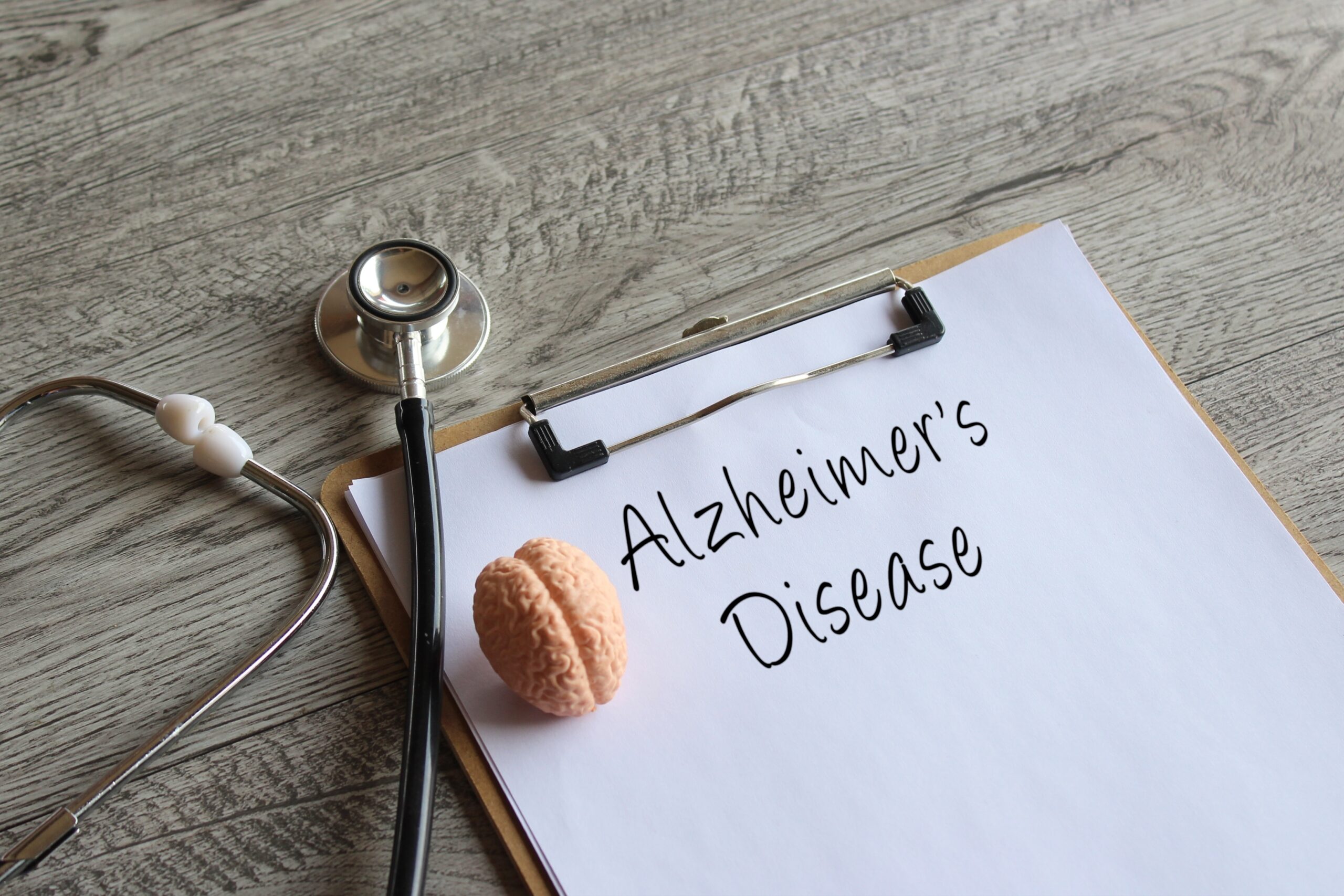Children with non-IgE-mediated gastrointestinal food allergies show dramatic nutritional improvements when their parents receive specialized dietary counseling, reducing undernutrition rates from 26% to just 3%.
At a Glance
- Proper dietary counseling significantly improves weight, height, and overall nutritional status in children with non-IgE-mediated gastrointestinal food allergies
- These allergies involve delayed immune reactions to foods like cow’s milk, soy, grains, and eggs, with symptoms including vomiting, diarrhea, and bloody stools
- Specialist-monitored elimination diets prevent nutrient deficiencies while effectively managing allergic symptoms
- A multidisciplinary approach addressing both nutritional needs and feeding difficulties is essential for long-term management
- Most cases resolve before school age with proper management and gradual food reintroduction
Understanding Non-IgE Gastrointestinal Food Allergies
Non-IgE-mediated gastrointestinal food allergies differ significantly from traditional allergic reactions most people recognize. Rather than causing immediate hives or anaphylaxis, these conditions trigger delayed immune responses in the digestive tract, making them more difficult to identify. They include food protein-induced enterocolitis syndrome (FPIES), food protein-induced enteropathy (FPE), and food protein-induced allergic proctocolitis (FPIAP). Diagnosis is primarily clinical, based on symptom improvement after removing the triggering food, as conventional allergy tests typically show negative results. Cow’s milk is the most common trigger, though soy, grains, and eggs can also cause reactions in susceptible children.
Each condition presents with distinct symptoms. FPIES causes profuse vomiting and diarrhea that can lead to dehydration and shock in severe cases. FPE typically manifests as malabsorption symptoms, while FPIAP is characterized by bloody stools in otherwise healthy infants. Unlike IgE-mediated allergies, these conditions don’t respond to antihistamines or epinephrine injections, making proper dietary management the cornerstone of treatment. Many healthcare providers have limited familiarity with these conditions, often leading to diagnostic delays and unnecessary testing before proper management begins.
The Critical Role of Dietary Counseling
Recent research demonstrates that specialized dietary counseling dramatically improves outcomes for children with non-IgE gastrointestinal food allergies. A study reported by Medscape Medical News showed significant improvements in body weight, height, weight-for-age z-scores, and BMI z-scores following proper dietary intervention. Perhaps most striking was the reduction in nutritional problems – overnutrition decreased from 6% to 2%, while various forms of undernutrition plummeted from 26% to just 3%. These improvements highlight how essential professional guidance is when managing elimination diets in growing children.
Elimination diets must be carefully designed to remove trigger foods while ensuring adequate nutrition for normal development. Simply removing problematic foods without proper substitution can lead to deficiencies in calories, protein, calcium, vitamin D, and other essential nutrients. Professional guidance helps parents navigate food alternatives, supplement needs, and how to read food labels to avoid hidden allergens. The goal is never just symptom management but supporting optimal growth and developmental progression during crucial early years.
Managing Feeding Difficulties and Parental Anxiety
Children with non-IgE food allergies frequently develop feeding difficulties that complicate nutritional management. These may arise from negative associations with eating due to previous painful experiences, difficulty transitioning to new food textures, or developmental concerns. Parents often describe their children as “picky” eaters, but the challenges typically extend beyond normal selective eating patterns. A multidisciplinary approach involving allergists, gastroenterologists, dietitians, and sometimes feeding therapists provides the comprehensive support needed to address these complex issues.
Parental anxiety frequently exacerbates feeding problems, creating a vicious cycle. Parents worried about allergic reactions or nutrition may pressure children during meals, inadvertently increasing stress and resistance to eating. Effective counseling addresses this anxiety while providing practical strategies like division of responsibility (where parents control what foods are offered while children decide how much to eat), food chaining (gradually introducing new foods similar to accepted ones), and sequential oral sensory approaches for children with sensory sensitivities. Supporting parents emotionally is as important as teaching them practical feeding techniques.
Long-Term Management and Food Reintroduction
The good news for families navigating non-IgE gastrointestinal food allergies is that most children outgrow these conditions before reaching school age. Management typically involves a period of strict elimination, followed by gradual, supervised food reintroduction, often starting around 12 months of age. This process must be carefully planned and monitored by specialists to prevent both nutritional problems and allergic reactions. Many families benefit from having an FPIES Action Plan, similar to anaphylaxis plans used for IgE allergies, which outlines steps to take during accidental exposures or reactions.
Throughout this journey, ongoing dietary counseling provides essential support as children’s nutritional needs evolve with age and as their allergic condition changes. Regular growth monitoring helps identify nutritional issues early, allowing for timely intervention. For breastfeeding mothers, guidance may include adjustments to their diet if maternal food consumption affects the infant. With comprehensive support and monitoring, most children with non-IgE gastrointestinal food allergies can achieve normal growth and development while successfully expanding their diet over time.
Sources:








